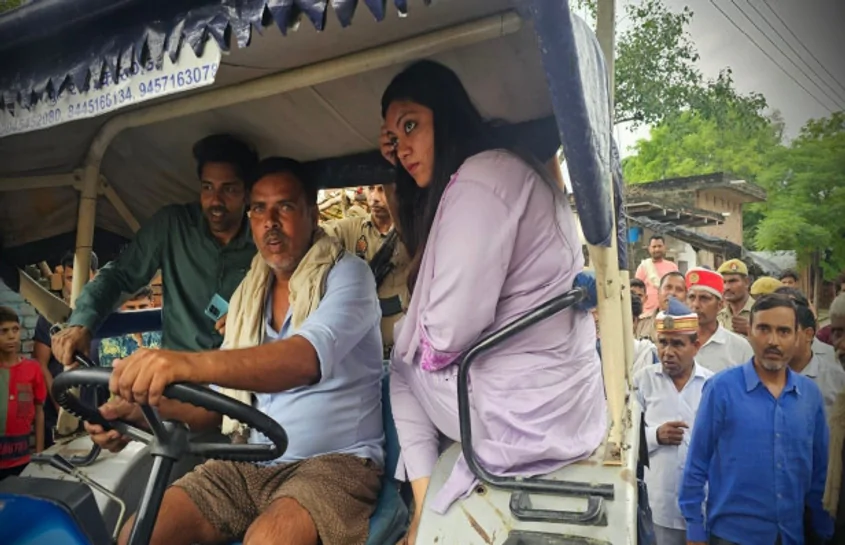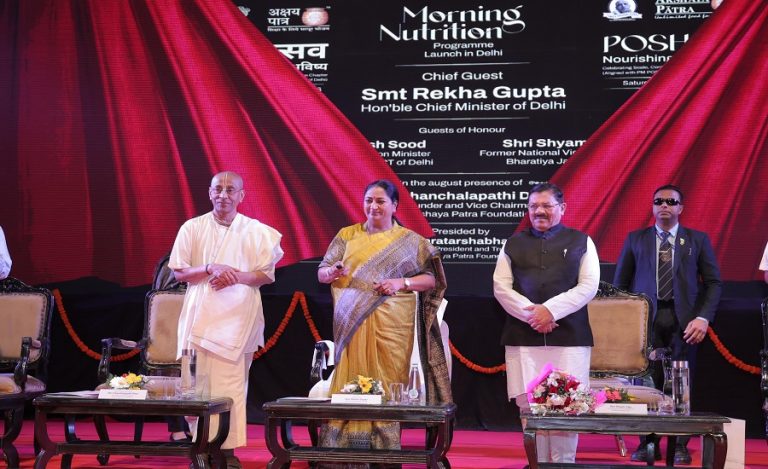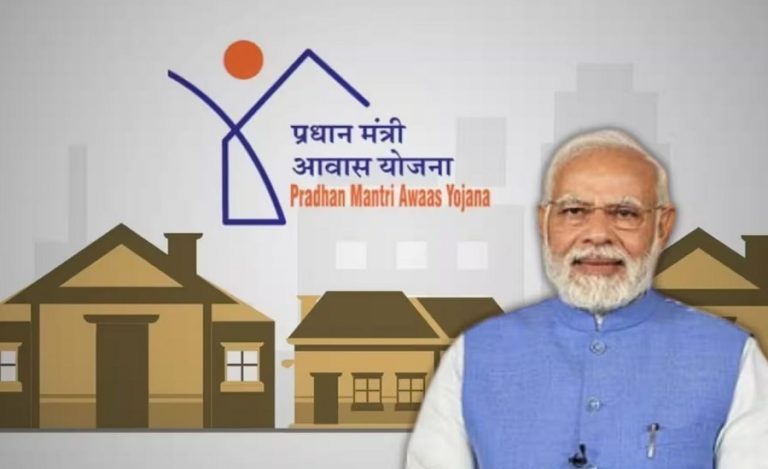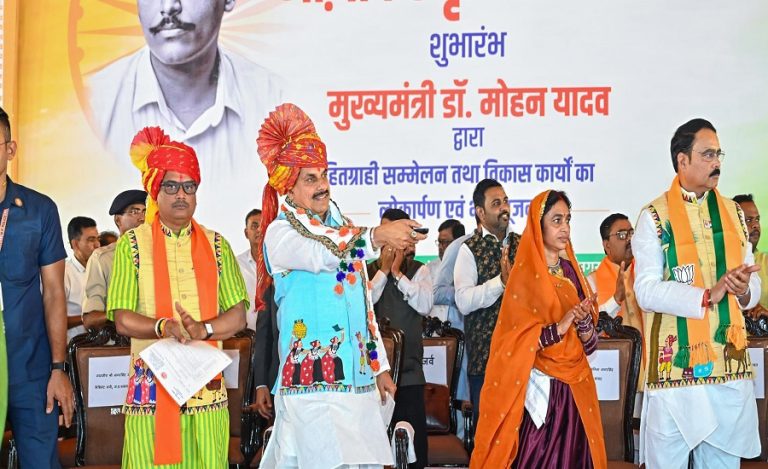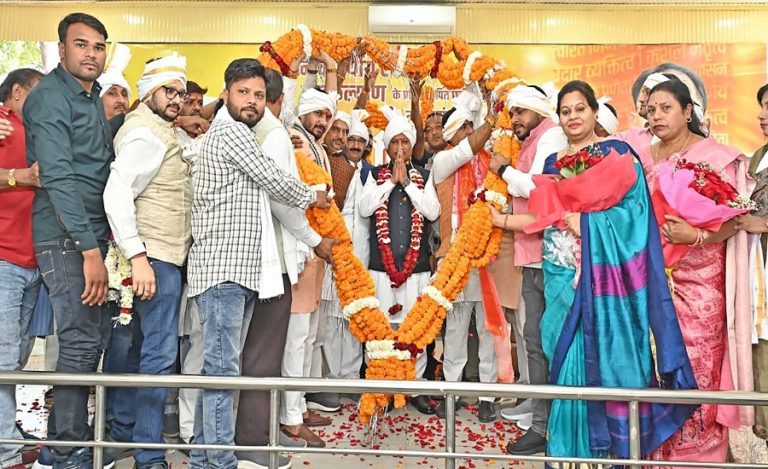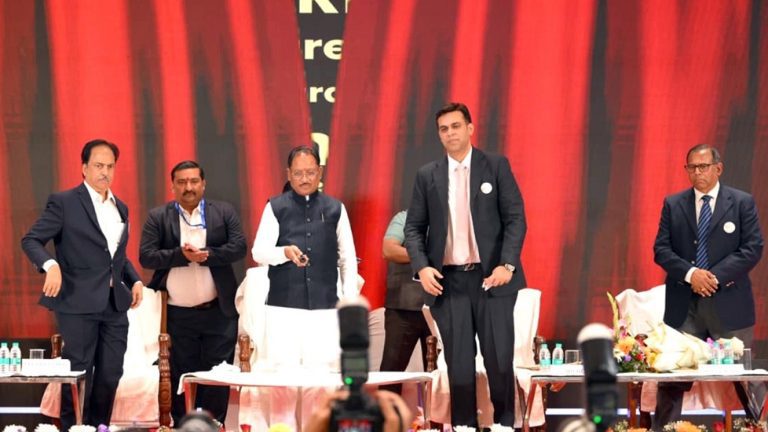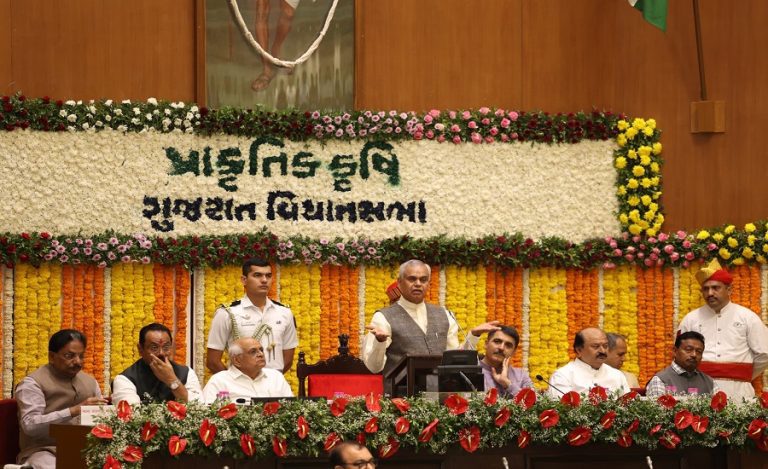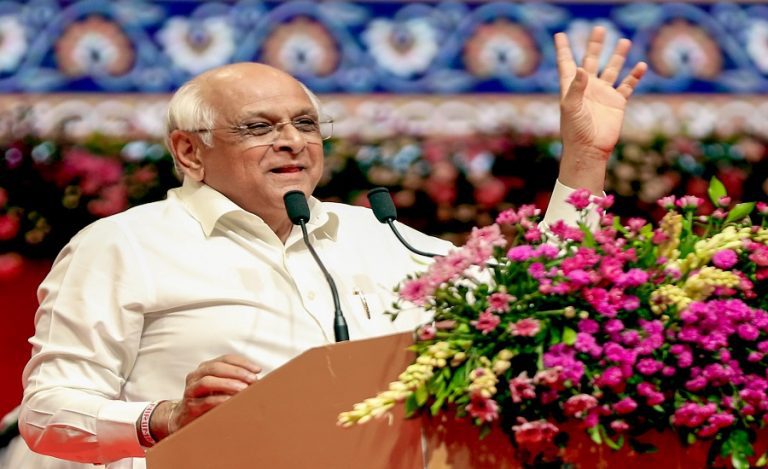In Kashganj district of Uttar Pradesh, the skies opened up, drenching the land and leaving villages like Gangagarh submerged under water. Daily life was disrupted, and roads had turned into murky rivers, isolating communities. Amidst this chaos, 2014 batch IAS officer and District Magistrate Medha Rupam became a symbol of resilience and determination.
As the waterlogged roads prevented her official vehicle from reaching Gangagarh, Medha, originally from the AGMUT cadre and with a track record of making things happen, decided to take matters into her own hands. She took the initiative to visit the affected areas herself and assess the situation firsthand.
With two companions and a driver, she climbed aboard a bright green tractor, an unexpected chariot for someone in her esteemed position. The scene was captivating: the District Magistrate, dressed in her crisp attire, navigating through the flooded streets, while her team trudged behind, their spirits undampened.
Medha had learned about the plight of the villagers during a public hearing, where residents shared stories of struggle and desperation. When she arrived at the edge of Gangagarh, the situation was dire. Water lapped at the doorsteps of homes, making it nearly impossible for villagers to venture out. After assessing the high water levels, she knew the tractor was the only way to bridge the gap between administration and the affected community.
As the tractor plowed through the water, villagers gathered along the path, their faces a mixture of hope and disbelief. They had seen officials come and go, but here was someone willing to understand their plight firsthand. The sight of their District Magistrate riding a tractor stirred a sense of unity among the residents, who felt their voices were finally being heard.
Upon reaching Gangagarh, Medha wasted no time. She gathered her officials and listened intently to the villagers’ concerns. They explained how the incessant rain had flooded their fields, jeopardizing their crops and livelihoods. Medha took swift action, instructing her team to mobilize resources for immediate relief and to devise a plan to manage future flooding.
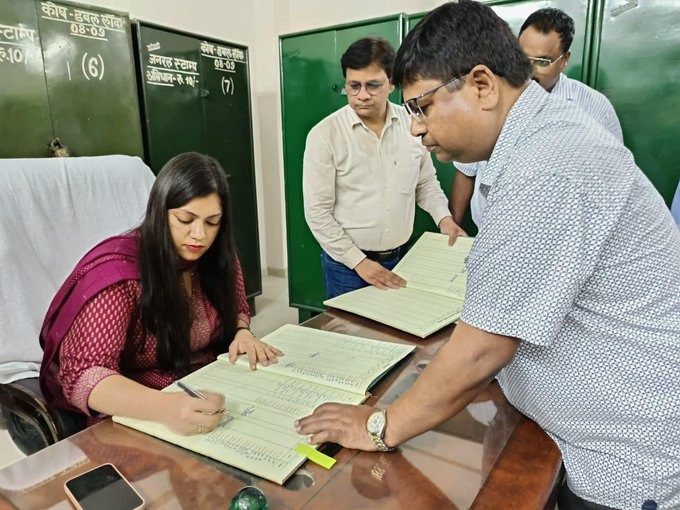
But Medha was more than just a problem-solver; she was a bridge between the government and the people. Her approach was informed by her background—born to a family with a legacy of public service, she had honed her skills both academically and athletically, even winning gold medals in shooting competitions. Her disciplined training shaped her into a decisive leader, one who was not afraid to get her hands dirty.
As the sun began to set, casting a golden glow over the waterlogged fields, the villagers expressed their gratitude. They saw in her a leader who cared, one who understood the struggle of rural life. Medha, with a heart full of resolve, promised to stay on top of the situation, ensuring that the government would not turn a blind eye to their needs.
This singular tractor ride became more than just an inspection; it was a defining moment of connection between the district administration and the community. It reminded everyone involved that leadership is not merely about authority but about empathy and action.
Back in her office later that evening, Medha reflected on the day’s events. The challenges ahead loomed large, but so did the commitment she felt to the people of Kasganj. Riding a tractor may have seemed unconventional for a District Magistrate, but in her eyes, it was a powerful reminder that true leadership often requires stepping off the beaten path—sometimes, quite literally.

